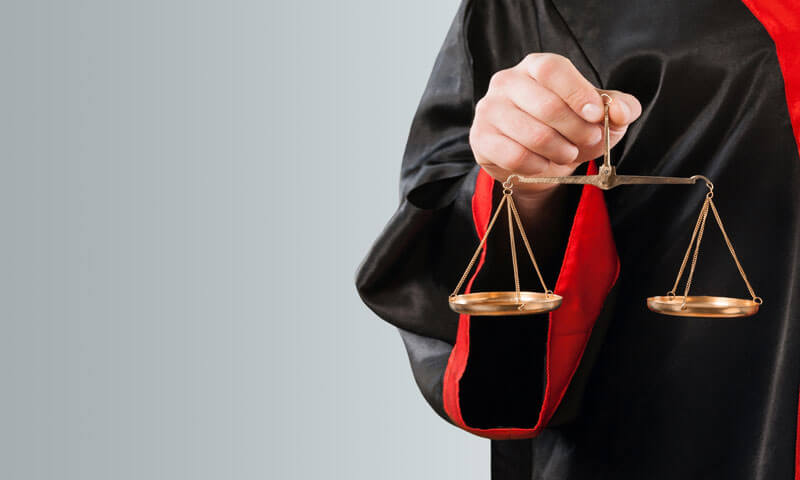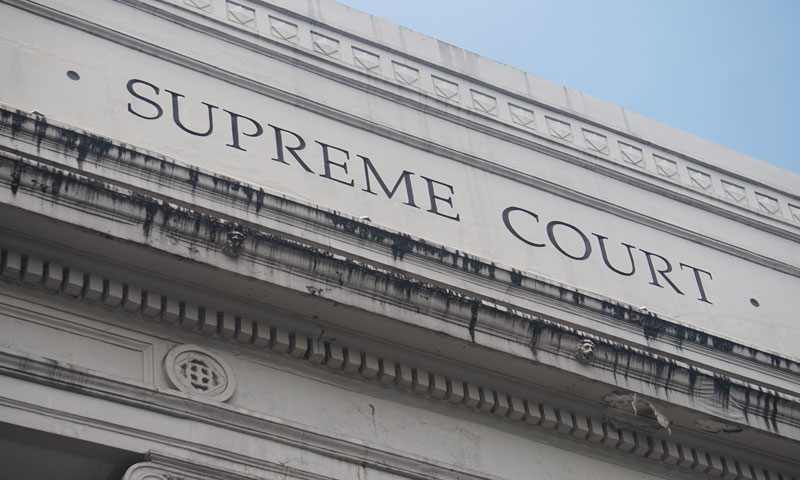
The terms, however, were that in exchange of the ‘help’ the lenders wanted a lien on the proceeds of future litigation. The judge refused to step into the trap. Doing so would have amounted to putting the interests of banks over the interests of others who had bought Dewey’s debts in the secondary markets. Had the banks been so kind earlier and so keen to ‘help,’ then extending the loan deadline by six months may have prevented catastrophe and allowed the firm to recuperate.
As it is, with the Coudert Brothers’ judgment influencing decisions, partners who had deserted the firm and their new employers are concerned over clawbacks.
On Tuesday Attorney Albert Togut, speaking before the court on behalf of Dewey hinted that a deal with ex-partners is on the talks and that it could cost former partners a “significant” amount of money. Togut said, “Our goal is to get to a negotiated settlement, and bring in money without the staggering fees that you see in case after case in these law firm bankruptcies.”
The court held that the demands of the banks for a lien over Dewey’s future proceeds were unreasonable, but noting the kindness and keen attitude of help proffered by JPMorgan and others, the court ordered the parties to negotiate new terms.
In exchange of allowing Dewey to use its cash collateral, JPMorgan and others wanted a lien on avoidance actions and tried to secure their interests from being affected by clawbacks. It is pertinent to note that the greater portion of the firm’s debts had traded at a discount in the secondary markets and are in the hands of unorganized investors who purchased it. If the demands of the banks had been granted then it would have led to a situation where future proceeds would have first been used to pay up the banks, and the leftovers left for other market investors.
The case is In re Dewey & LeBoeuf LLP, U.S. Bankruptcy Court, Southern District of New York, No. 12-12321.






































